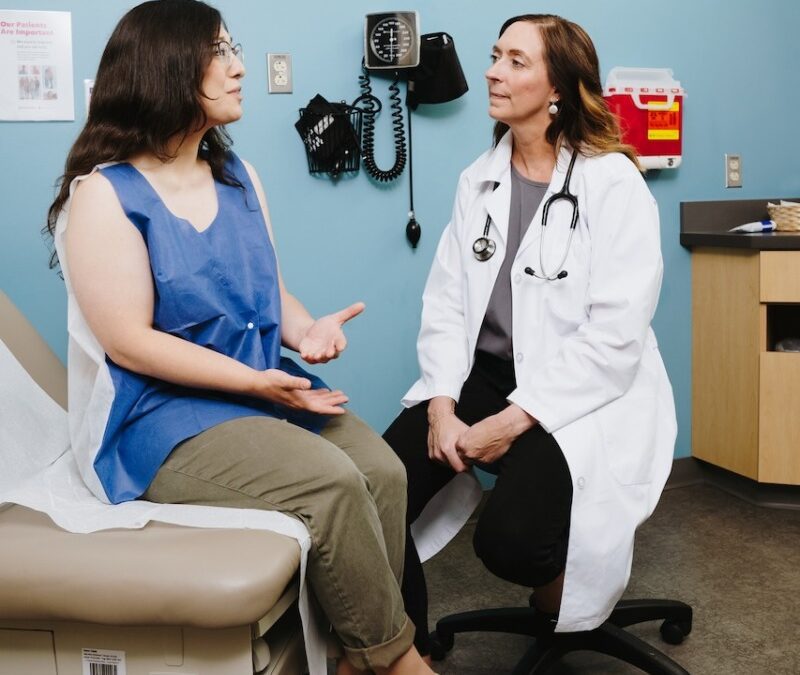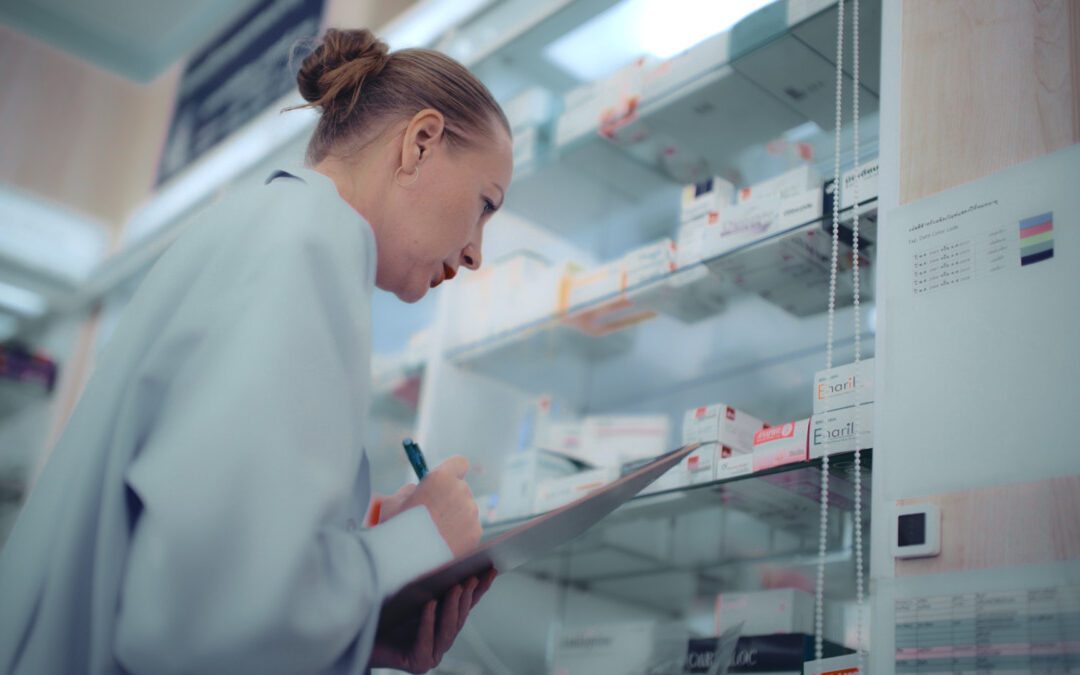
#image_title
‘Testing without tracing is ineffective,’ say health care officials.
When Wisconsin asked for help filling job openings for more contact tracers, people responded.
Last week, the state advertised 1,000 job openings for contact tracers, a public health position vital to containing the spread of diseases like COVID-19.
It received so many applications, 4,520 to be exact, that it took down the job posting on Monday. By the time they did, 3,350 people had already started filling out the applications.
“Contact tracing is really critical in order for us to slow the spread of the disease,” said Julie Willems Van Dijk, deputy secretary of the state Department of Health Services. “Testing without tracing is ineffective.”
The need for 1,000 contact tracers comes even after 400 state employees have been reassigned to do the job. Contact tracers hired by the state will be disbursed to state locations where they are most needed, she said.
In addition, public health departments in each of Wisconsin’s 72 counties are hiring and training people to do contact tracing in those communities.
Contact tracers perform a vital role in containing the spread of the virus by contacting people who test positive for COVID-19. They then ask who they have come in contact with and where they have gone in the past two weeks and then follow-up with those individuals and locations.
The effort to grow contact tracing comes as the state has significantly increased the number of COVID-19 tests administered. The state’s goal is to test 85,000 people a week, or roughly 12,500 a day. Right now, between 4,500 and 5,000 residents are being tested per day.
The number of people testing positive is naturally increasing as the number of available tests continues to grow, making it necessary for the state to hire more people to follow-up with those who test positive.
“Contact tracing is integral to protecting the health of our state,” said Andrea Palm, secretary-designee of the state Department of Health Services.
Contact tracing involves asking sometimes private, difficult questions, Van Dijk said. But answering such queries is a necessary part of accurately tracking everyone a person infected with COVID-19 has had contact with, she said. She urged those who test positive for the virus to cooperate with contact tracing efforts.
“The reason they are asking those questions is to help protect the health of your friends and others,” she said. “We need to make sure people who may have been exposed to COVID-19 can take precautions and get tested themselves.”
Health Departments in Wisconsin typically conduct investigations of contagious diseases themselves, but with COVID-19 they are working closely with DHS to develop contact tracing efforts. Health department directors echoed Van Dijk’s comments about the importance of contact tracing to contain the spread of the virus.
“Doing this work well is critically important if we are going to contain this disease,” said Eau Claire County Health Department Director Lieske Giese.
Contact tracing of cases so far has been relatively manageable, Giese said. For the most part, people who test positive for the virus have had limited contact with others because of Gov. Tony Evers’ safer-at-home order, Giese said.
“But as people start gathering together, the number of people they are in contact with expands significantly,” Giese said. “That means tracking down that number becomes much more complicated.”
Communities where there have been large numbers of positive COVID-19 cases, such as Milwaukee, Green Bay, and Racine, will have more contact tracing work to do. Giese said currently there are 29 workers to do contact tracing in Eau Claire County. She said she may need more, depending on the number of cases.
After hovering in the mid-20s for a couple of weeks, the number of Eau Claire County residents testing positive for COVID-19 more than doubled last week to 60.
“We are still trying to figure out how many workers we are going to need for this,” Giese said.
To meet the state’s 85,000 tests conducted per week goal, the Wisconsin National Guard has been deployed to operate drive-thru testing sites, with the assistance of local health officials. A two-day event in Eau Claire was held on Sunday and Monday. This week, the guard is in Chippewa and Rusk counties. The National Guard is currently working at 16 sites around the state, DHS officials said.
Increased testing is necessary to better gauge the spread of the virus in Wisconsin, public health officials said, and is especially important as the state’s businesses begin to reopen and plans to resume other activities proceed.
“As people come together, we are going to see more (positive) cases,” Van Dijk said.
On Monday Evers announced that small boutiques and outdoor malls with one entryway could reopen for business, as long as they comply with COVID-19-related regulations that include social distancing and no more than five customers in a store at once.
As of Wednesday, 10,902 positive cases of COVID-19 had been recorded in the state, along with 421deaths.

Billionaires get richer while Wisconsinites lose access to health care with ‘Beautiful Bill’
The US Senate will examine the Trump budget bill this week. It includes the largest cut to Medicaid in the program's history. It also blocks...

More ways to get birth control in Wisconsin? Sign us up.
The State Assembly has approved a plan to allow pharmacists to prescribe birth control pills and patches. There could soon be another way for women...

Opinion: Pentagon contractors don’t save lives or money – Medicaid does. Don’t cut it.
Cutting life-saving services to further enrich billionaires and Pentagon contractors is the worst possible option. This op-ed was first published on...

Opinion: Modernizing Medicare’s approach to obesity treatment is cost-effective and improves lives
Dr. Roxane Spitzer calls on Sen. Ron Johnson and his Republican colleagues to back the bipartisan initiative to expand Medicare coverage for...




